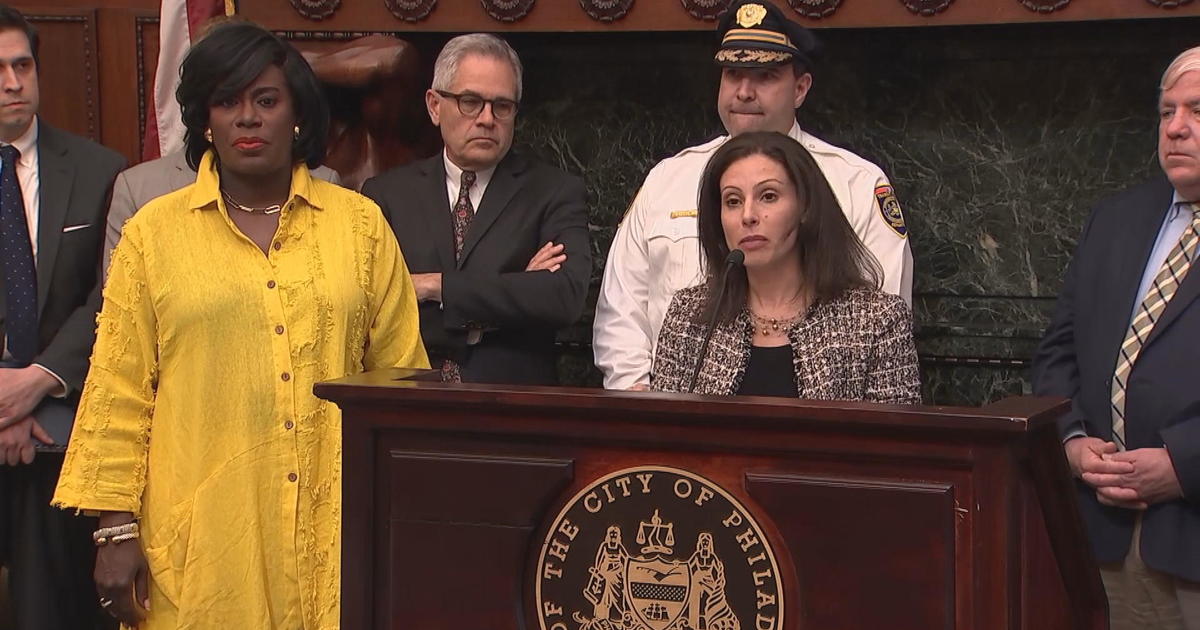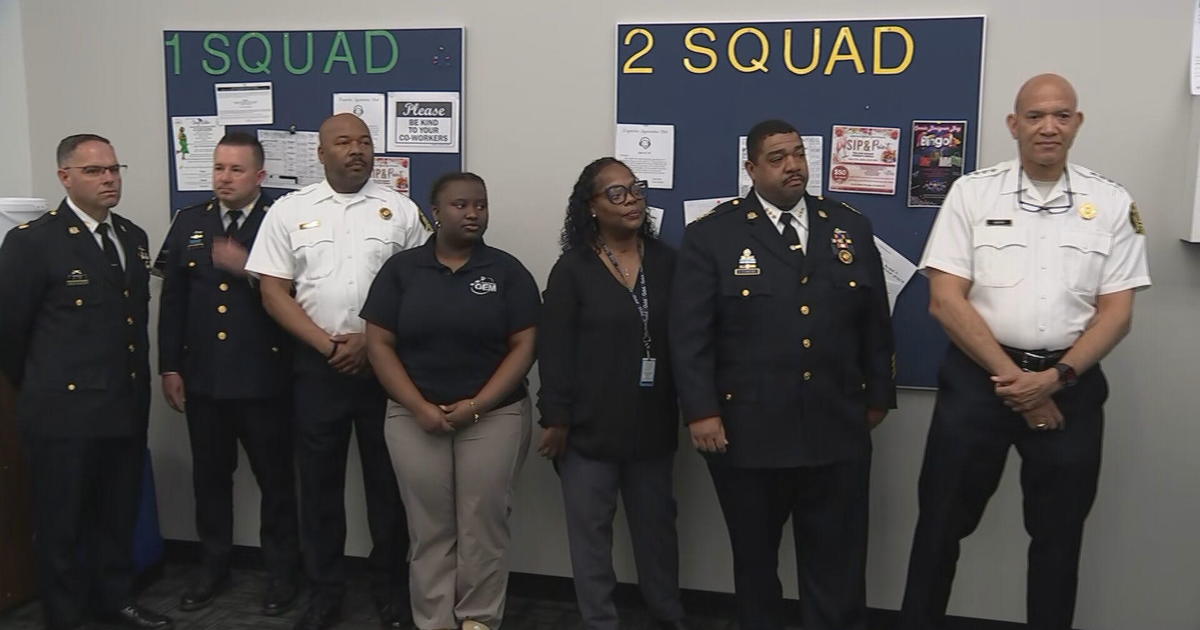City Council Probe Into Deadly Building Collapse Highlights Two Levels of Care By City
By Mike Dunn
PHILADELPHIA (CBS) -- The head of Philadelphia's Department of Licenses and Inspections says demolitions of private property were not held to the same standards as when the city itself tears down a building.
That distinction was highlighted today as City Council opened hearings in this month's deadly building collapse at 22nd and Market Streets (see related story).
City Council opened its own investigation of the collapse by questioning L&I commissioner Carlton Williams, who acknowledged that the safety standards for the city's own demolitions -- demolitions of city-owned properties -- are stricter than what is demanded for private property.
The Market Street collapse involved a private contractor on private property.
"In a public demolition area, we take extra precaution relative to public safety?" councilman-at-large Jim Kenney asked Williams.
(Williams:) "Absolutely."
(Kenney:) "Why wouldn't we apply the same standard to a private demolition being done in the public right-of-way?"
(Williams:) "It's the responsibility of the contractor."
And Everett Gillison, the mayor's chief of staff, sounded the same theme in stating that the responsibility rests with the contractor.
"Just because we give someone a permit does not make us responsible," Gillison told the City Council committee. "They are the ones responsible for handling their issue."
In the wake of the collapse, the mayor announced a sweeping overhaul of the regulations governing demolitions, including more stringent inspections and proof of demolition experience before a permit is issued.
Williams spent much of his time before the committee differentiating between what the new regulations call for, and the lesser standards that were in place when the Market Street collapse killed six.



